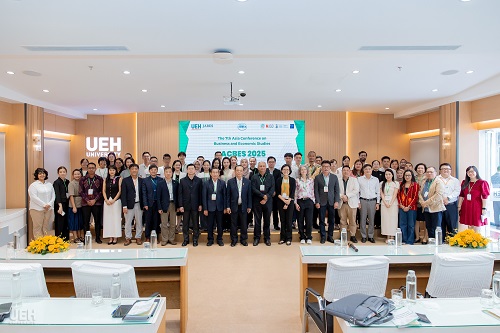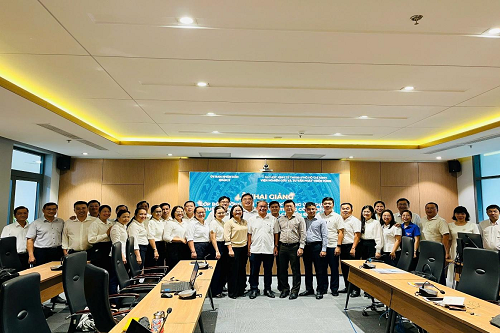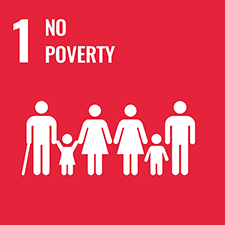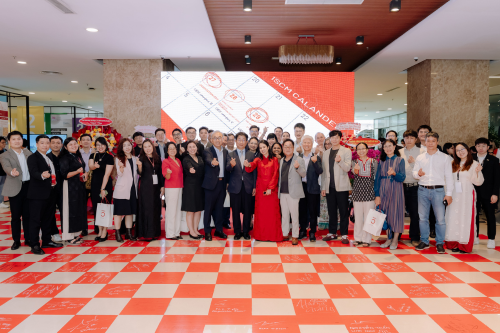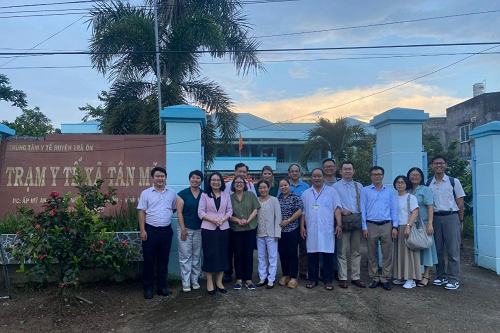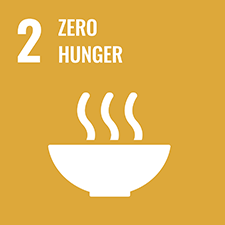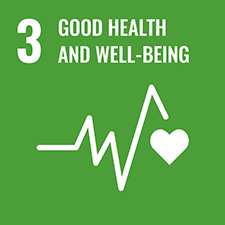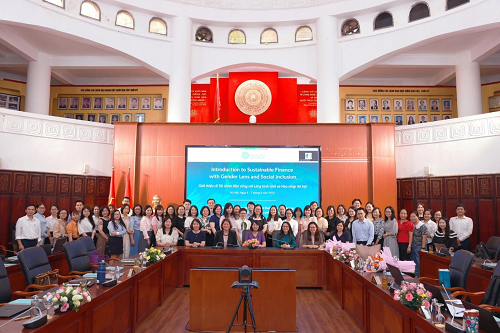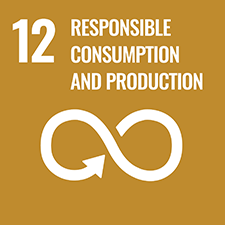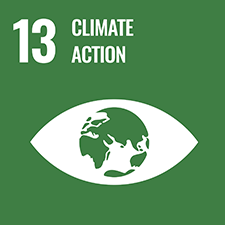2nd CELG Seminar: “The Mangrove-Fishery Linkage In The Mekong River Delta”
08 Jul, 2022
After the success of the 1st CELG Seminar, on the morning of June 30th, UEH College of Economics, Law and Government continued to organize the 2nd CELG Seminar with the theme "The Mangrove-Fishery Linkage In The Mekong River Delta”.
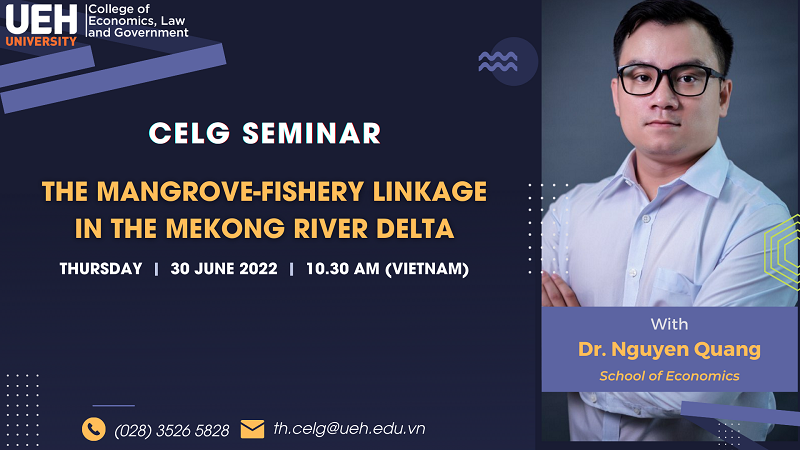
The program received the participation of Dr. Pham Khanh Nam - Deputy Head of CELG, Assoc.Prof.Dr. Nguyen Ngoc Vinh - Director of the Institute of Development Economics Research, along with the lecturers of CELG and PhD students who are currently studying programs at the university.
The topic of the 2nd seminar was “THE MANGROVE-FISHERY LINKAGE IN THE MEKONG RIVER DELTA”, this was a new topic with interesting research methods conducted by Dr. Nguyen Quang - Lecturer at CELG School of Economics and Dr. Truong Dang Thuy, the content and results had received enthusiastic discussion from the attendees.
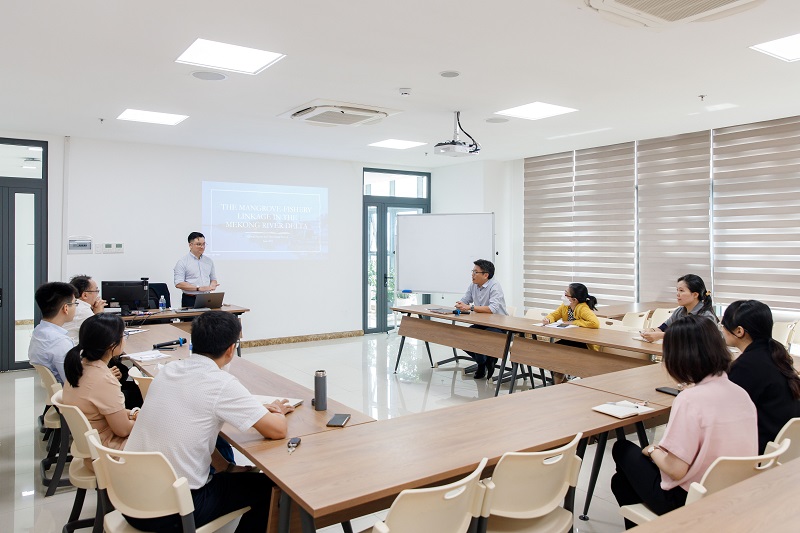
Overview of the program
To clarify the reasons for choosing the topic and research direction, Dr. Nguyen Quang mentioned the important role of mangroves and the relationship between mangroves and inshore fishing in Vietnam today. In fact, the area of mangroves in the Mekong Delta has decreased sharply in the past few decades and the introduction to forest protection policies by the government has helped increase the forest area again in the past few years. However, a concern was that the impact of these policies is not uniform, the area of mangroves is mainly restored in certain areas. In this study, the author analyzed the impact of mangroves on the coastal fisheries of local communities in the Mekong Delta. The authors’ estimation suggested that an increase in the mangrove area increases local inshore fishery production and improves the marginal productivity of inputs such as boats and labor. Detailed analysis showed that mangroves benefit both wealthy fishermen, who often invest heavily in fishing boats and sharks, and poor, labor-intensive fishermen. On the other hand, the reduction of the mangrove area in the Mekong Delta has had a great impact on the livelihoods of poor fishermen. Hence, it was suggested that in order to provide sustainable benefits to local livelihoods and reforestation policies should be uniformly implemented in order to increase the area of mangroves across the changing areas instead of focusing on certain areas.
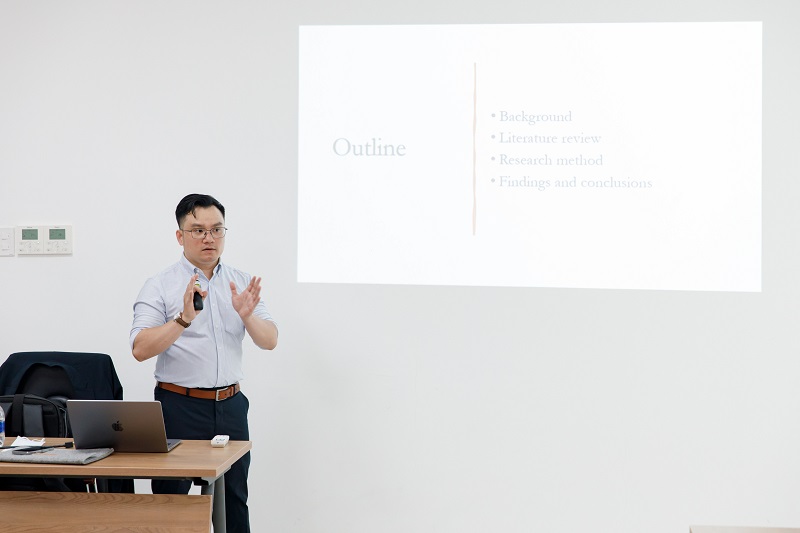
Dr. Nguyen Quang presenting his research
In fact, many studies on mangroves and nearshore fishing activities were conducted in other countries; however, the new point of this study was that the authors have built a fishing model at the individual level, including the integration of natural and environmental factors to assess the benefits of mangroves on the livelihoods of local communities. The presentation of the research paper by Dr. Nguyen Quang had attracted a lot of comments and suggestions from the participating lecturers and PhD students, thereby sharing a lot of experience in research design, data processing, and opening future research directions. for this field.
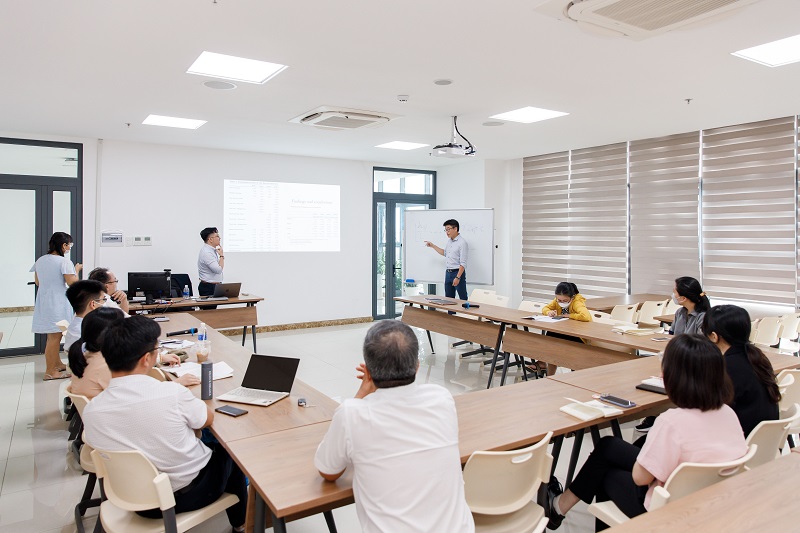
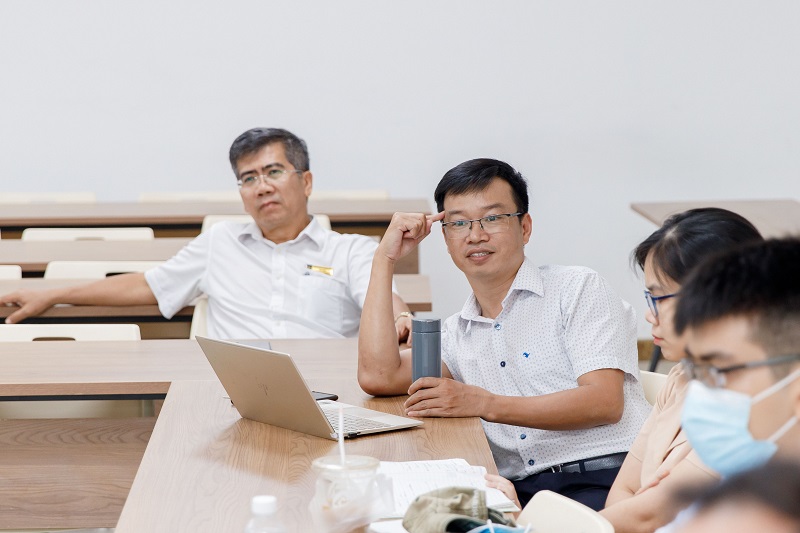
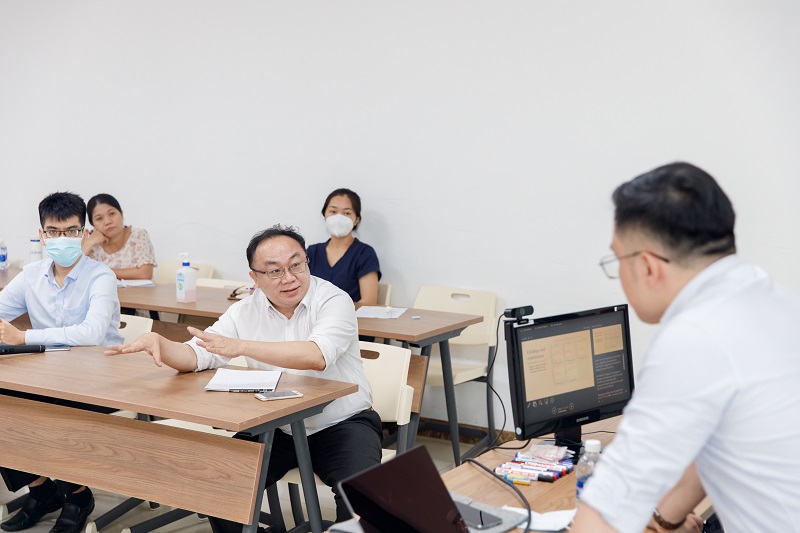
The exchange between speakers and participating researchers
In the spirit of sharing and learning experiences, the 2nd CELG Senimar seminar took place successfully, bringing useful knowledge to attendees. It is expected that the next meeting in the series of periodic scientific activities CELG Seminar will take place in July 2022.
*About the speaker: Dr. Nguyen Quang earned his PhD in Life Sciences and Environmental Technology from Okayama University, Japan, and is currently a lecturer at the School of Economics, College of Economics, Law and Government (CELG).
Additional photos relating to the program:
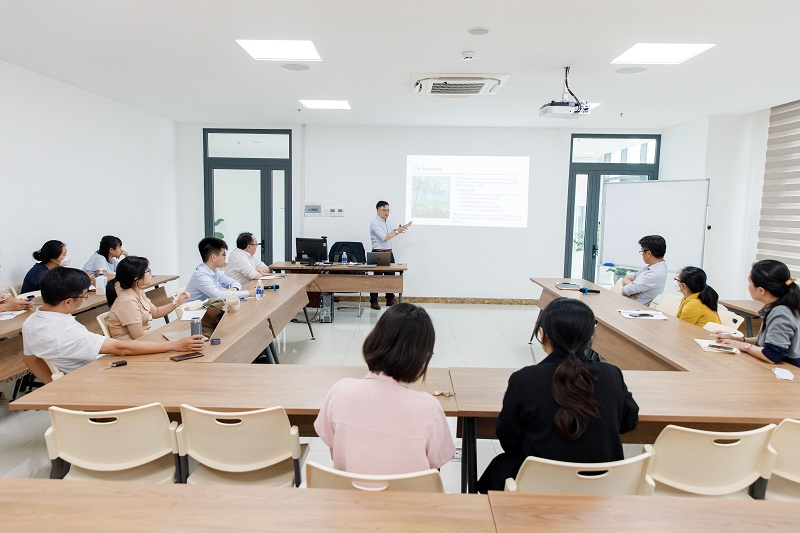
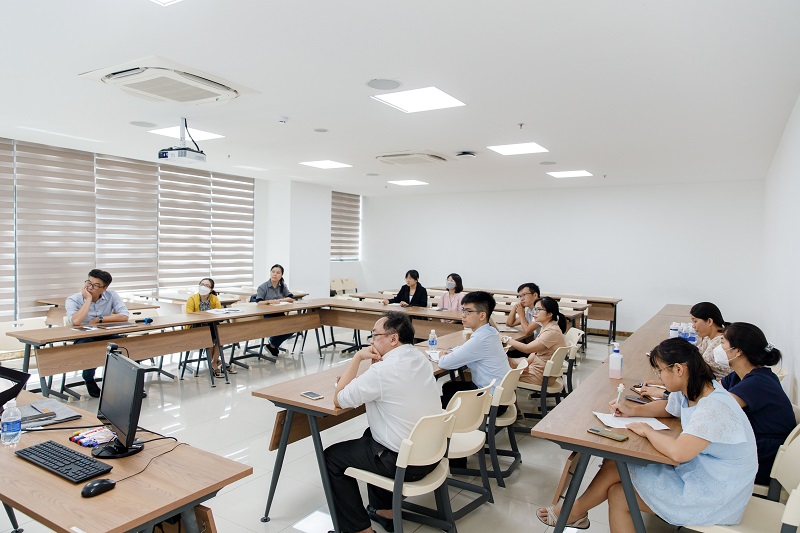
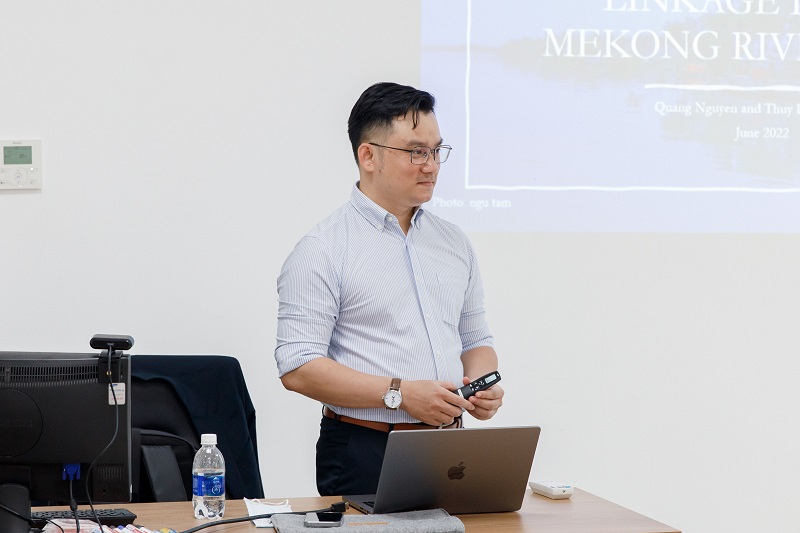
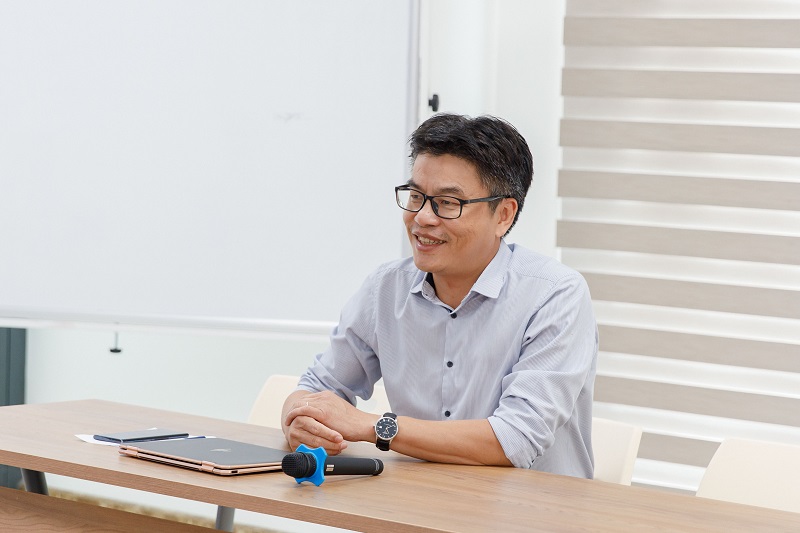
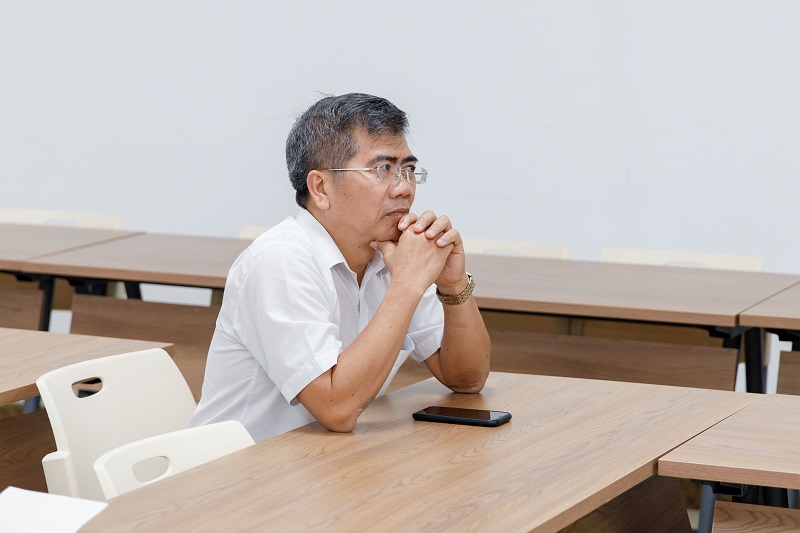
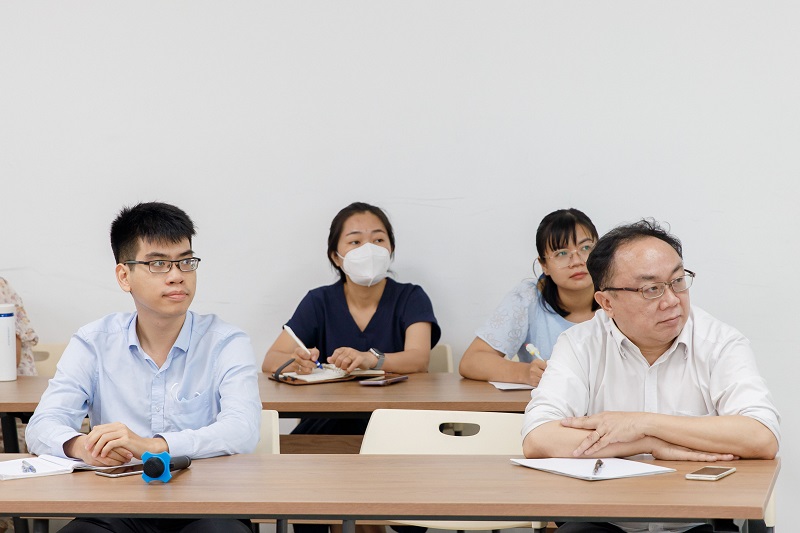
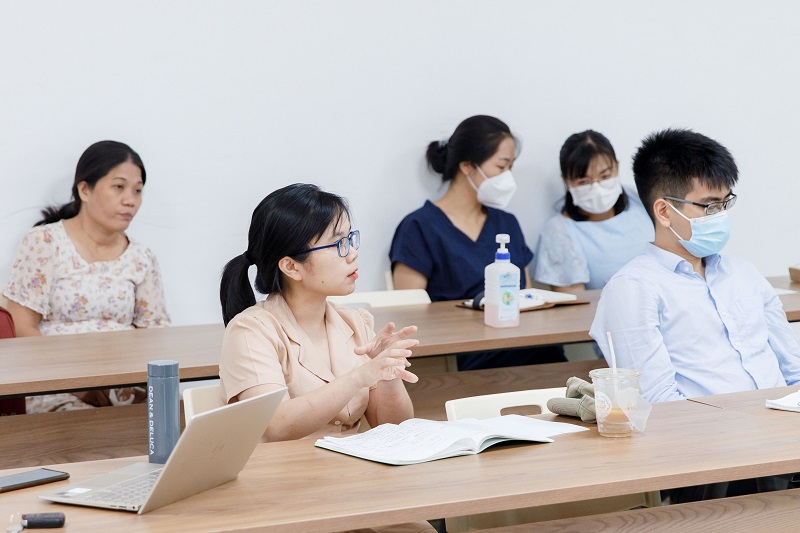
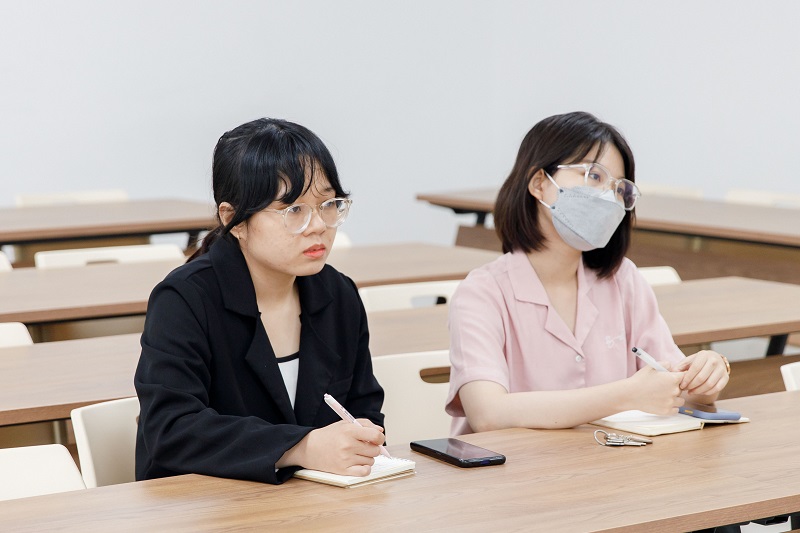
News, photos: CELG General Department, Department of Marketing and Communication

